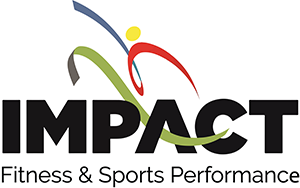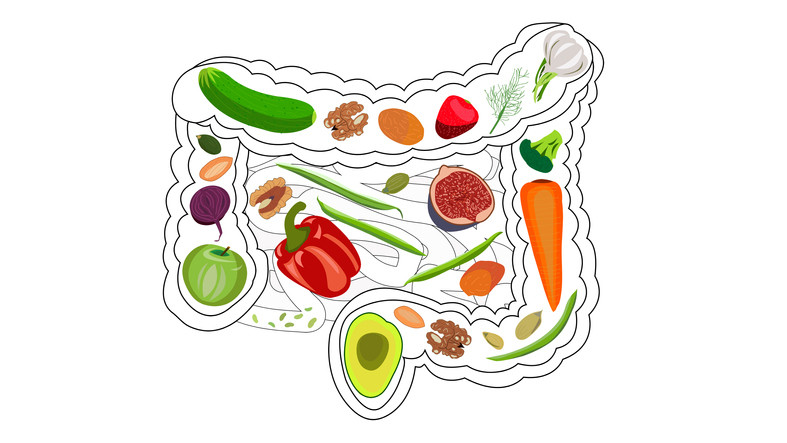With flu season upon us, I thought that this topic would be beneficial. This piece will not recommend supplements, but rather foods that provide nutritional value for the immune system and benefit overall well-being. While supplements have their place, our culture has become dependent on finding a quick fix. Besides this, vitamins and minerals were meant to interact organically with each other in food. a good example of this would be If you take too much calcium, your magnesium stores will decrease. When magnesium stores drop, the ability to control the enzymes determining vitamin d concentrations in the body becomes depleted. So, the assumed answer is to supplement with vitamin D, which is thought to cure the wintertime blues, and everything comes full circle. Likewise, if you do not have enough magnesium in the diet, your ability to absorb vitamin d is little to nothing. Next thing you know, you are spending a lot of money on nothing.
When looking for a quick fix in supplements, this strips one of the true enjoyments of life which is to taste and create new foods that can also nourish the body. So, without further ado, here are some of the recommended nutritious foods to add to your diet come flu season.
Fruits and Vegetables
Vitamin C plays a significant role in your immune system and help cognition. Still, this vitamin when consumed in food form can also help create collagen in the body (1) which improves skin health, mitigates joint pain, boosts muscle mass through catalyst reactions, and, lastly, potentially having gut health benefits (2). Before deciding to go to the grocery store and flood your system with vitamin C, while you most certainly excrete it out, there have been links to excessive vitamin C supplementation and increased risk of kidney stones (3). Notice, I said supplement. In this study, they specifically say that due to the typically high association with foods high in vitamin C and potassium, they counteract each other; thereby, no risk will be associated with kidney stones. It is only if you supplement with ample amounts (maybe 1000mg a day that this can become dangerous. Consuming an average of 100mg to 200mg daily through foods rich in vitamin C can help fight off free radicals and kill bacteria (3). Some foods that contain vitamin C include; red and green peppers. Oranges, grapes, kiwi, and broccoli.
Oatmeal
Oatmeal contains many vitamins and nutrients, such as copper, iron, selenium, zinc, glucan, fiber, and protein. One of these nutrients, specific glucan, plays a vital role in reducing stomach inflammation by allowing the good bacteria to out-grow the bad (5). Combine this with some clementines in the morning; this will amplify the benefits through synergistic effects.
Leafy Greens
Dark leafy greens, in particular, have vitamin A in them which improves protein absorption rate and also contain phytochemicals (4). These phytochemicals can help protect cells and DNA from damage that may lead to cancer by reducing inflammation and helping regulate the thyroid (4). While hyper and hypothyroidism is highly influenced by stress, fueling your body with the right foods can mitigate the negative side effects of stress. Combine that with a growth mindset, you create a pretty solid foundation of mental resilience.
Yogurt
If you haven’t figured it out by now, The ideas behind fighting sickness contain two principles; that is reducing inflammation and keeping the gut healthy. Yogurt does both of these as it includes a property called pro-biotics (4). These probiotics help the gut by regulating the hormone ghrelin in the stomach or the gut’s brain. When the hormone ghrelin is high, you get hungry. When this hormone is low, your appetite is suppressed. The goal is to regulate this hormone so you don’t under or overeat. (4)
Something else that is fascinating regarding pro-biotics is their influence on enhancing gut lining integrity and producing short-chain fatty acids (SCFAs). (5) Increasing SCFA’s will “Decrease systemic inflammation, provide satiety, upregulate the gene expression leptin which balances hunger and energy levels, reduce stress-induced corticosteroid levels, improve insulin sensitivity in muscle, thereby activating utilization of free fatty acids.” (5) Pro-biotics also give you sustained energy primarily by regulating gut health and appetite. The best part about this? You don’t have to order it separately from a supplement company; you can literally go eat some yogurt, which is delicious.
Conclusion
The best thing about eating whole foods like this is that there are many more benefits than just reducing the chances of getting ill. When marketing advertisement suggests superfood, they are sometimes telling the truth. However, you can simply shop outside the aisles to find all the foods that can provide nutritional benefits to your body, progress in the gym, and improve overall well-being.
Works Cited
- “Office of Dietary Supplements, Vitamin C.” NIH Office of Dietary Supplements, U.S. Department of Health and Human Services.
- Chambial, Shailja, et al. “Vitamin C in Disease Prevention and Cure: an Overview.” Indian Journal of Clinical Biochemistry : IJCB, Springer India, Oct. 2013.
- Dietary Factors and the Risk of Incident Kidney Stones in Men: New Insights after 14 Years of Follow-up. ERIC N. TAYLOR,*† MEIR J. STAMPFER,*‡ and GARY C. CURHAN
- Bäckhed F et al. The gut microbiota as an environmental factor that regulates fat storage. Proc Natl Acad Sci U S A. 2004 Nov 2;101(44):15718-23. PubMed.
- Cani PD et al. Involvement of gut microbiota in the development of low-grade inflammation and type 2 diabetes associated with obesity. Gut Microbes. 2012 Jul-August; 3 (4): 279-88 PubMed

